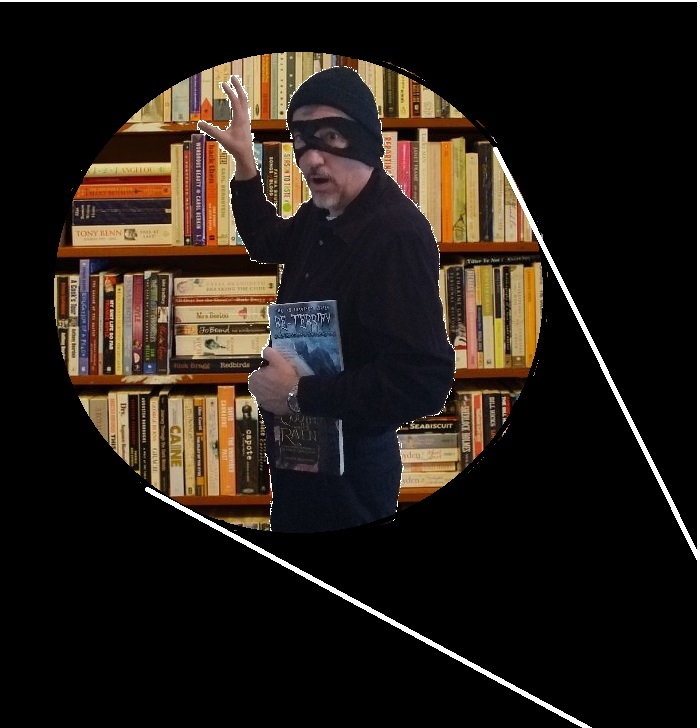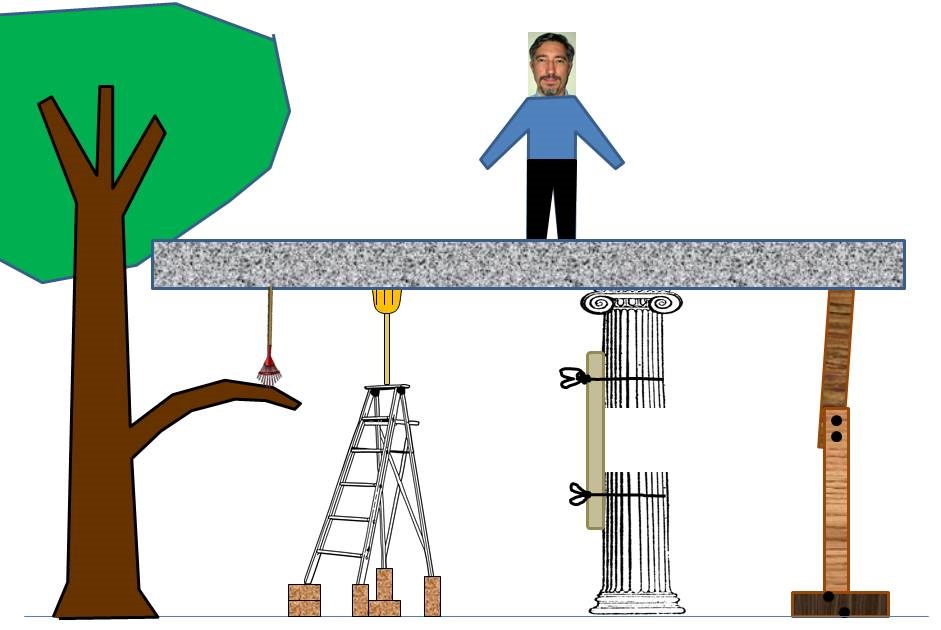My newest science fiction book, The Seastead Chronicles, launched today. You can purchase the ebook version on Amazon, Kobo, Barnes & Noble, and Smashwords and soon at Apple Books.
The Seastead Chronicles takes you through the 21st century struggle to colonize the seas, to carve oceans into nations, and to build cities on and under the water.
Spanning decades of time and several generations, these fifteen tales include the early efforts to construct sustainable seasteads, the hostile reaction of land nations, and the scramble for seabed resources. After the pioneers come the settlers, who battle over territory and then form a new, ocean-based culture with fresh music and a new religion.
Seasteads are permanent dwellings located in (what are now) international waters. The word combines “sea” and “homestead.” In my book, seasteads form the cities that comprise “aquastates”—nations in the ocean. Not all seasteads stay put. Some move around, and one (an aquastate by itself) wanders the world. Aquastate borders sometimes change through disputes, or even conflicts, as land borders do.
The stories all take place in this world, our world of the near future, but each follows different characters as they grapple with the challenges of living at sea. As always when humans do something or go someplace new, they bring what’s best and worst about humanity with them.
A huge thank-you goes to Pole to Pole Publishing for accepting this book and for believing in it.
Today, you can only purchase the ebook version. The publisher should release a paperback version soon, and I’ll let you know about that in a future blogpost.
Get ready, readers, for The Seastead Chronicles, by—
Poseidon’s Scribe







